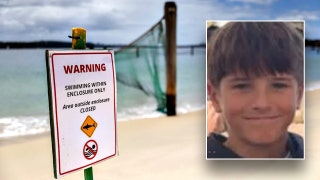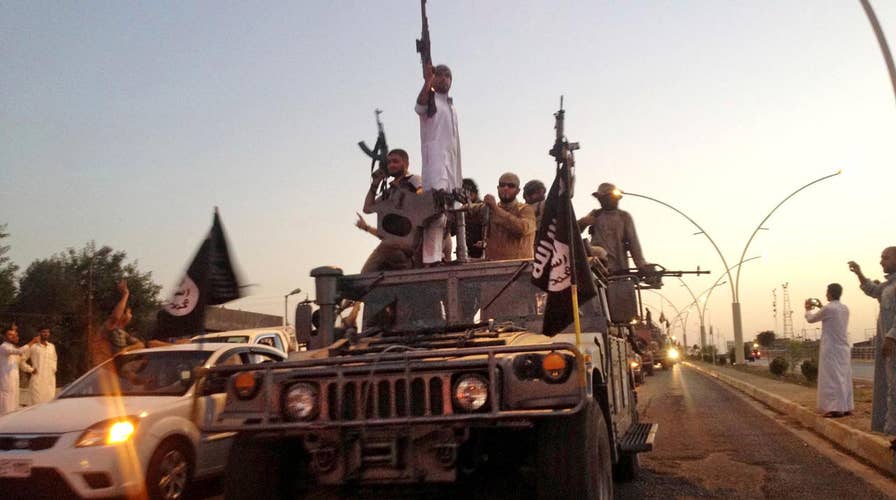Where will ISIS go after being pushed out of Mosul?
Countries with lack of political power are more vulnerable
The liberation of Mosul from ISIS is nearly complete, but the Islamic State remains a formidable presence in Iraq, and numerous obstacles remain in the way of Iraqi Security forces totally eradicating the ruthless terror group.

Which pockets of the Sunni-dominated terror group the government sets its sights on next will depend on numerous factors: Which ISIS-controlled areas of Baghdad pose the greatest threat, which communities are in most urgent need of liberation and the outcome of a debate about whether to include Iranian forces, which were excluded from the Mosul fight.
One obscure but strategically important area in need of liberation is the Sunni-majority district of Hawija, which is 100 miles south of Mosul and 30 miles west of the oil-rich city of Kirkuk. The location of the district, which had a pre-ISIS population of around 450,000, enables the jihadists to attack the two cities as well as areas in north Tikrit. Also, Hawija’s proximity to mountainous areas has also provided cover for ISIS cells.
“There are constant complaints by local officials in Salahuddin and Diyala of ISIS fighters infiltrating into these areas from Hawija, and attacks have stepped up in the latter in the last few months,” Middle East analyst Joel Wing, who runs the Musings on Iraq website, told Fox News.
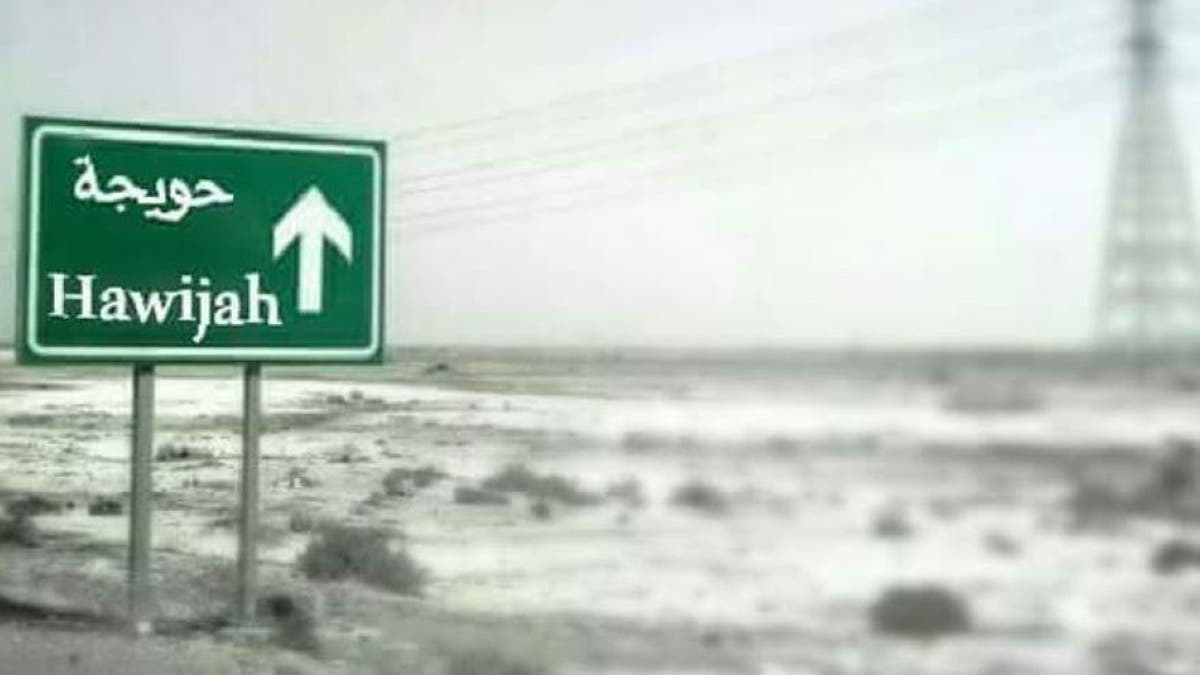
Hawija, Iraq remains under ISIS control (FoxNews.com)
“The terrain favors the insurgents because they are remote, rural, and have lots of cover like palm groves, etc. that allow ISIS fighters to hide from the Iraqi forces and air surveillance. Diyala also offers access to Baghdad and has been the source for some car bombings into the capital.”
The humanitarian and sanitary conditions are said to be “beyond desperate,” one resident, who can only be identified as Jassim for security reasons, told Fox News. “There is no food, no medicine, no basic elements for life, not even water. It is difficult to obtain safe drinking water. All this has led to the spread of many diseases and many people have died from diseases easy to cure, because there is a lack of treatment. Death is the only cure for relief from the suffering.”
Food prices have surged to 30 times what they were pre-ISIS, and the vast majority of those living there are not able to afford even such basics. Smugglers charge $200 per family member to escape and many of those fleeing end up killed by a landmine or sniper or drown in the Euphrates.
While the urgency of a Hawija offensive remains high, the complexity of such a venture is daunting. It has been planned and then delayed numerous times in the past year, with different participating forces reportedly unable to agree on the appropriate course and order of action.
Widespread worries have been raised over the likely participation of Iran-backed Shiite militias, the People’s Mobilization Forces (PMF), often referred to as the Hashd al-Shaabi, in the military offensive to retake Hawija. While the militias have proven to be an effective fighting force against ISIS in participation with Iraqi forces, they were deliberately kept out of the Mosul offensive to avoid sectarian flares with Sunni residents. However, the Tehran-loyal fighters are reportedly being geared away for the final ISIS slaying – prompting concerns that they may commit revenge crimes against Sunnis and even Kurdish fighters given Iran’s opposition to Kurdish independence.
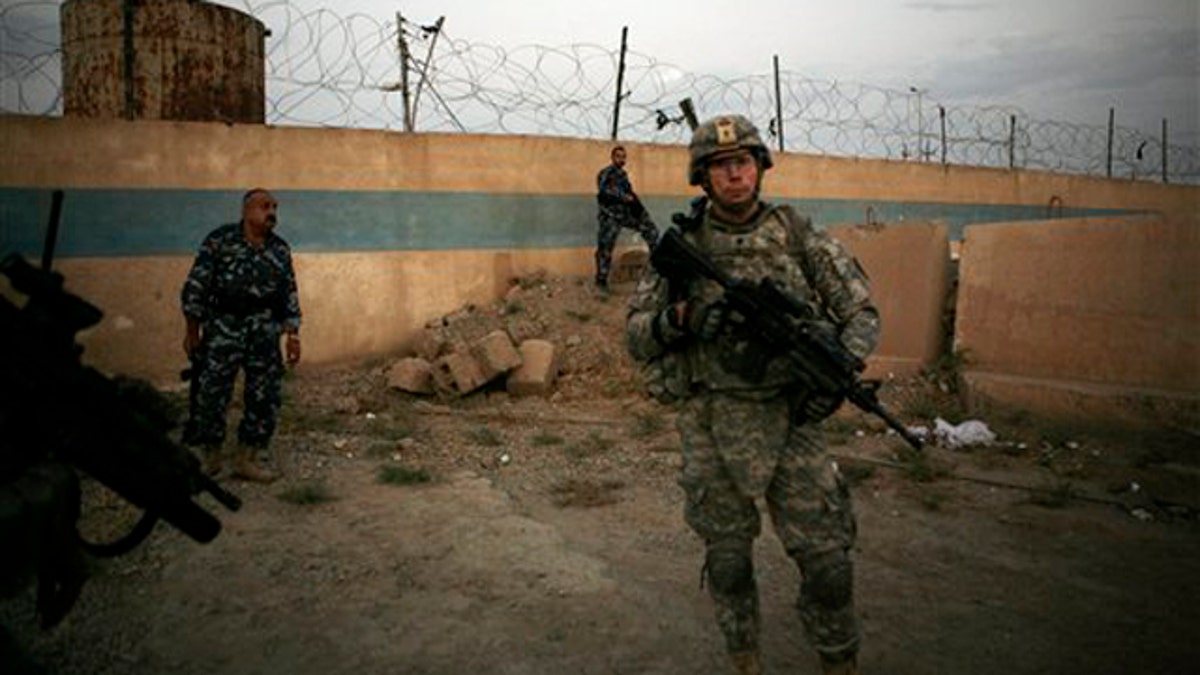
A U.S. Army soldier from 1st Battalion, 14th Infantry Regiment stands with Iraqi policemen outside an Iraqi police station Sept. 1 in Hawija, north of Baghdad, Iraq. (AP Photo)
A spokesperson for the U.S.-led coalition told Fox News that the military is planning and what happens next is "very much the decision of the government of Iraq and the Iraqi Security forces," but that the "coalition will support their decision." Brigade General Hugh McAslan, a New Zealand deputy commander of the coalition force in Baghdad, emphasized that while the coalition does not provide direct support to the PMF "in the interest of safety" they "maintain situational awareness to their locations on the battlefield."
Kurdish security officials have bemoaned that Baghdad’s delay in a Hawija offensive has allowed the infiltration of ISIS sleeper cells and facilitated fatal hit-and-run attacks against the Kurdish Peshmerga in southern Kirkuk. The ongoing delay in liberation, some say, has also boosted the morale of existing ISIS militants as they have been able to carry out small but frequent attacks from this bastion.
Adding to the complexity, many in Hawija are believed to be sympathetic to the Sunni-dominated terror group, preferring its rule over the oppression of a Shia-led Baghdad government.
“ISIS is in control of (Hawija) completely. Much of the time since 2003, it was under overt or covert control of Al Qaeda and Baathist elements,” James Jeffrey, U.S. ambassador to Iraq from 2010-2012 and now the Philip Solondz Distinguished Fellow at the Washington Institute, told Fox News. “Hawija will be a tough fight with the population probably joining in on the side of ISIS. With bigger issues like Mosul, people just don’t want to focus on Hawija.”
But besides Hawija, other areas need Baghdad’s attention: Tel Afar west of Mosul in the Nineveh province; the adjacent Salahuddin province; pockets in Anbar province close to the Syrian border; Diyala province; the Hamrin Mountains; two towns in Kirkuk province and 500 small villages in Kirkuk province.
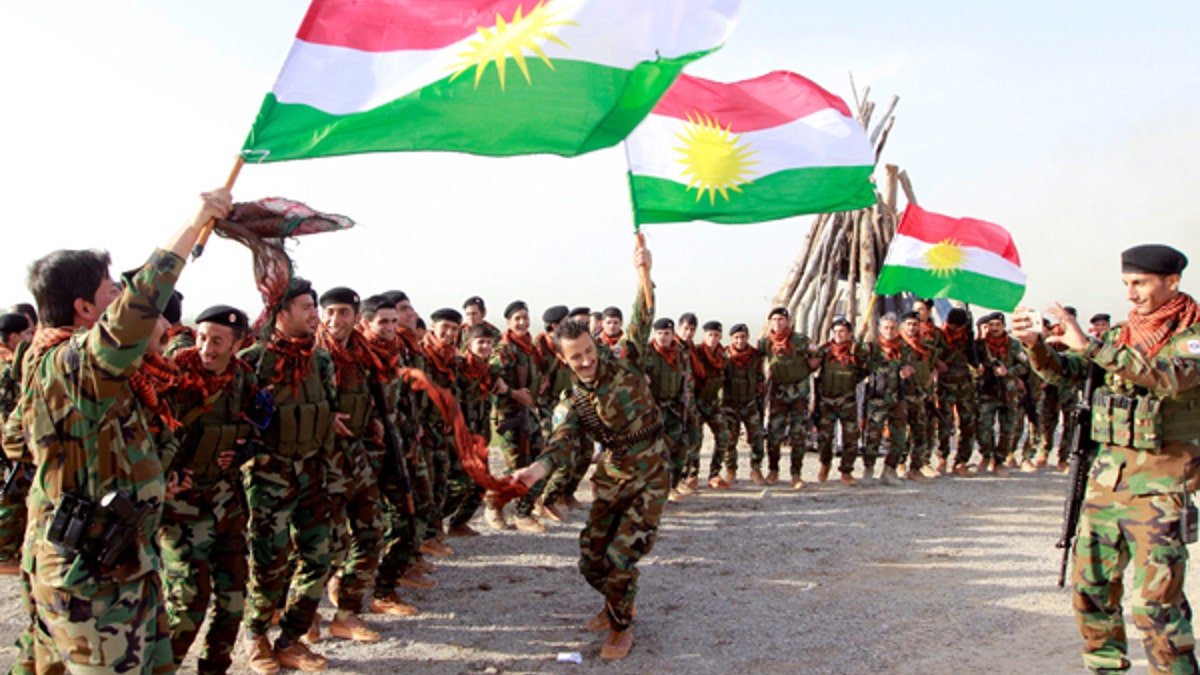
Kurdish Peshmerga forces celebrate Newroz Day, a festival marking spring and the new year, in Kirkuk March 20, 2017. REUTERS/Ako Rasheed - RTX31W8R
Last week, Muhammad al-Khazary, an Iraqi Defense Ministry spokesperson, stated that preparations for the Hawija mission were in place, but no specifics have been made public.
This week, Kurdish officials said that, despite their increasing objections, Baghdad still intends to commence Tel Afar and Ramadi operations first.
Steven Nabil contributed to this report.










